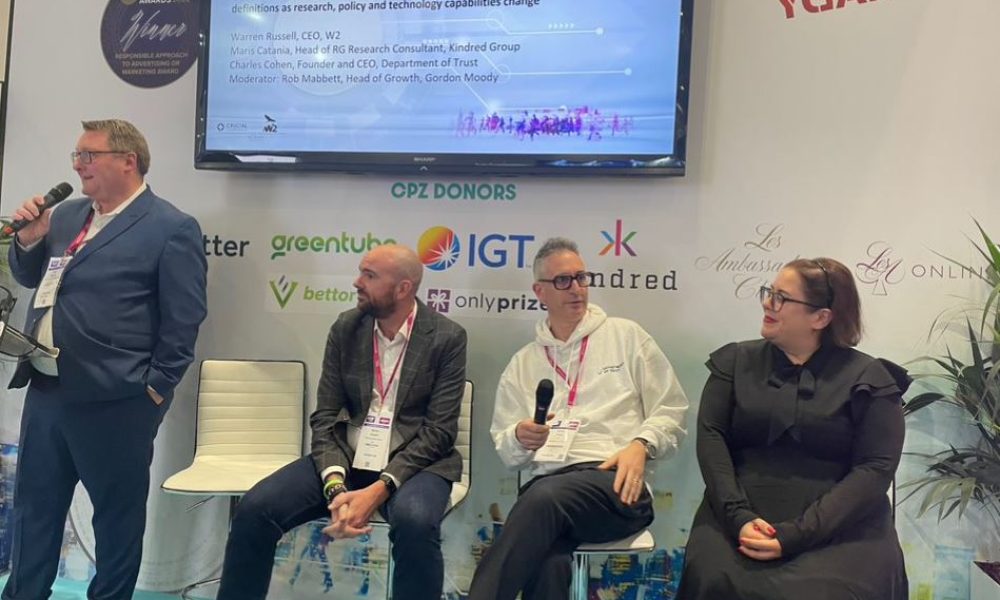The chief executive of due diligence data firm W2 has warned the industry that evidence provided to the UK government ahead of planned regulatory reforms may already be out of date.
The UK has been developing gambling-reform policies for more than two years, with findings from a call to evidence yet to find their way into the government’s long-awaited White Paper of reform proposals.
While the White Paper is now tipped to be just weeks away – a claim that has been made several times over the last six months – W2 Chief Executive Warren Russell has warned that the numerous delays mean proposals are now being drawn up using out-of-date information.
Commenting on the speed of change in the industry, Russell said: “The call for evidence was two and a half years ago. I think it’s out of date.”
Panel moderator Rob Mabbett, head of growth at Gordon Moody, highlighted just some of the changes since then, saying: “It’s been pretty turbulent. We’ve had COVID, Brexit, a recession, fuel crisis, cost-of-living crisis, conflict in Europe.
“You can pick any one of that list and you’ve probably got 100 impacts off the back of each individual thing”, Warren said. “The pace of change within technology is so immense that … at any point in time, it’s going to be hard to keep up.”
However, he added: “One thing that has changed is that we know we are now in a position where we can know more. Technology advances at such a rapid rate that we can really utilise the data points that we’ve mentioned — banking information, blockchain capabilities, and storing information on the ledger to be retrievable.”
Russell also discussed the importance of viewing data in context, as the industry braces itself for affordability checks, which have sparked controversy among some critics for their potentially blanket application. “One thing we do have to be very mindful of and where data plays a big part is that definitions will change and they can change very, very quickly.
“In the UK at the moment, we have a cost-of-living crisis. People who were vulnerable six months ago could be more vulnerable now. People who weren’t vulnerable six weeks ago could be vulnerable now. So understanding your relationship, understanding the data, using data that is available, (you can) make informed decisions, not just on an arbitrary number or threshold, or whatever it might be, because everything is different for different people.”
Elsewhere in the discussion, Department of Trust founder and CEO Charles Cohen urged regulators and the industry to take a less combative approach to managing the identification of at-risk players.
“There is this complete lack of trust between the players and the operators, to the point that when a player has a problem and an operator makes an intervention, it’s an accusation. It’s a challenge. And that’s the worst basis on which to have a conversation about something that is fundamentally affecting somebody’s health and well-being”, he said.
He warned against greater stigmatisation of gambling, arguing it drives players to hide their gambling and places them at greater risk.
“Ironically, when the National Lottery was introduced in the UK, a big argument against it was that it would normalise gambling and make it a socially acceptable activity. This argument was made by people who had clearly never been near a racetrack. It is part of the human condition. It’s what we do. So we just need to get over that”, he said.

